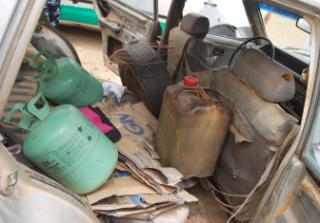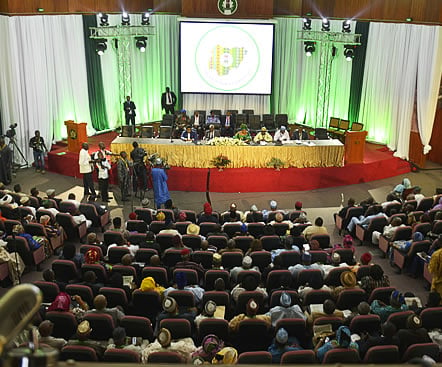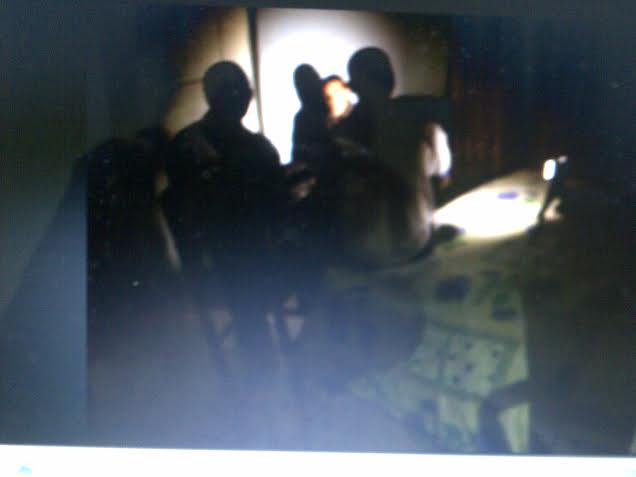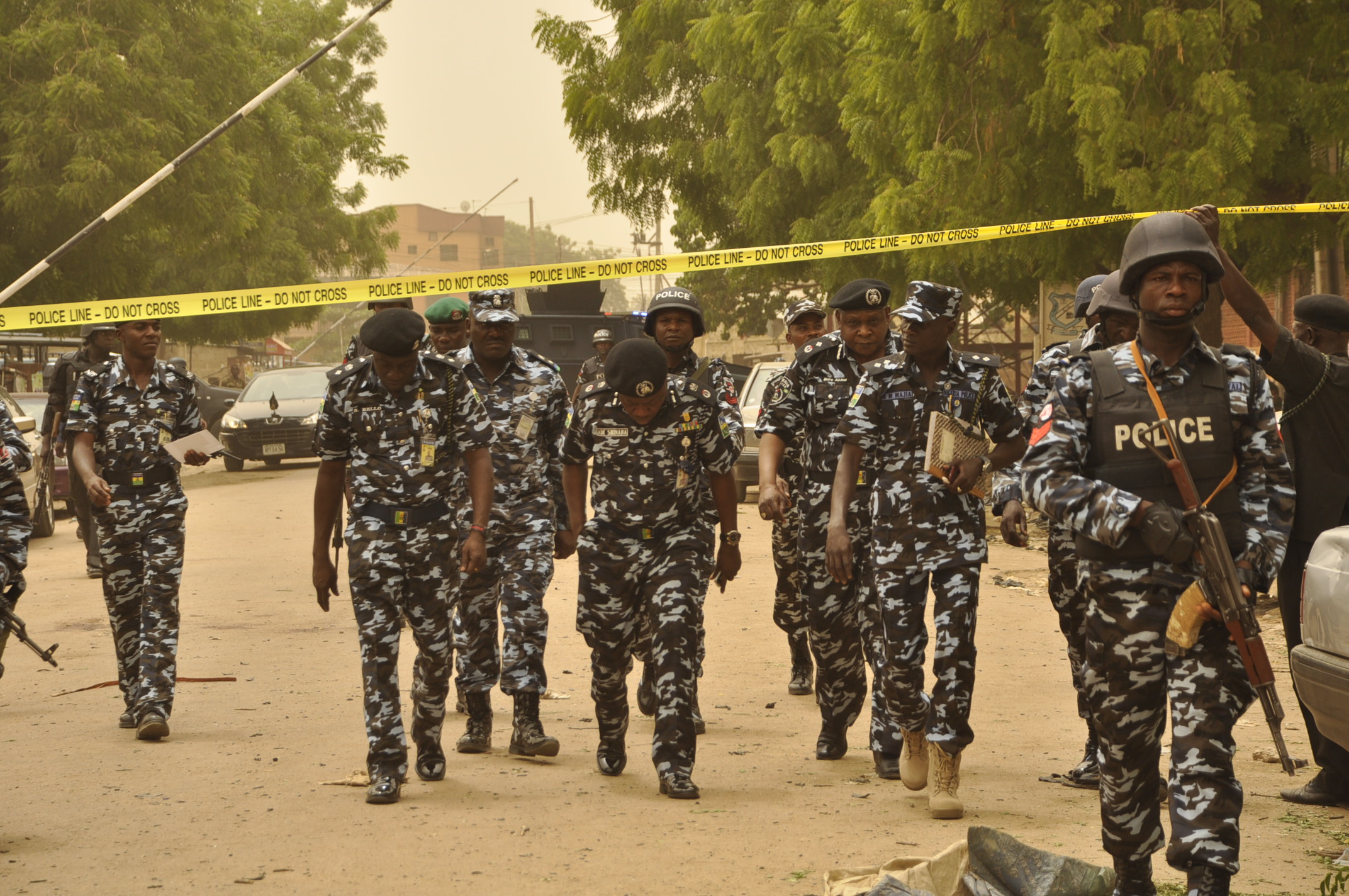The abduction of nearly 300 schoolgirls by Boko Haram continues to generate international outrage and protests against the Nigerian government. But rescuing the girls is only the first in a long line of miseries that the Borno State and Nigerian governments must now deal with, writes TheCable journalist, ‘FISAYO SOYOMBO, who travelled to Chibok last week.
Rahab Yaga will never near a school again. Not in Chibok, not elsewhere.
Since risking her life by leaping off Boko Haram’s moving truck on the night of the kidnap, Rahab has been torn between making a choice for life and for school. Not only has she dispensed with the latter, she cares no hoot about the consequences.
“I don’t want to school again,” she says, a rare smile flashing across her face. “No; I don’t want. I prefer to stay like this, even if I am unoccupied for the rest of my life. I just want to stay like this. I won’t go to school.”
Advertisement
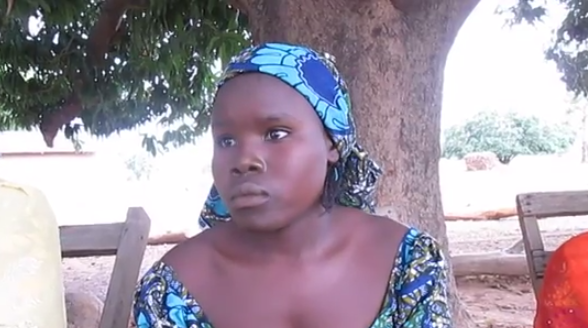
Five or so weeks back, Rahab had a bubbly disposition towards education; and going to secondary school was a delirium she was keen to extend to the furthest level.
“Yes, I did like to go to school. I enjoyed it,” she says of her inclination to schooling before the night of April 14, 2014, when more than 30 Boko Haram gunmen laid siege on her school, burning down its dormitory and many other major buildings, and driving off with nearly 300 of her friends.
“In fact, I was proposing that after secondary school, I would proceed to the university. But with this experience, school is now out of my life.”
Advertisement
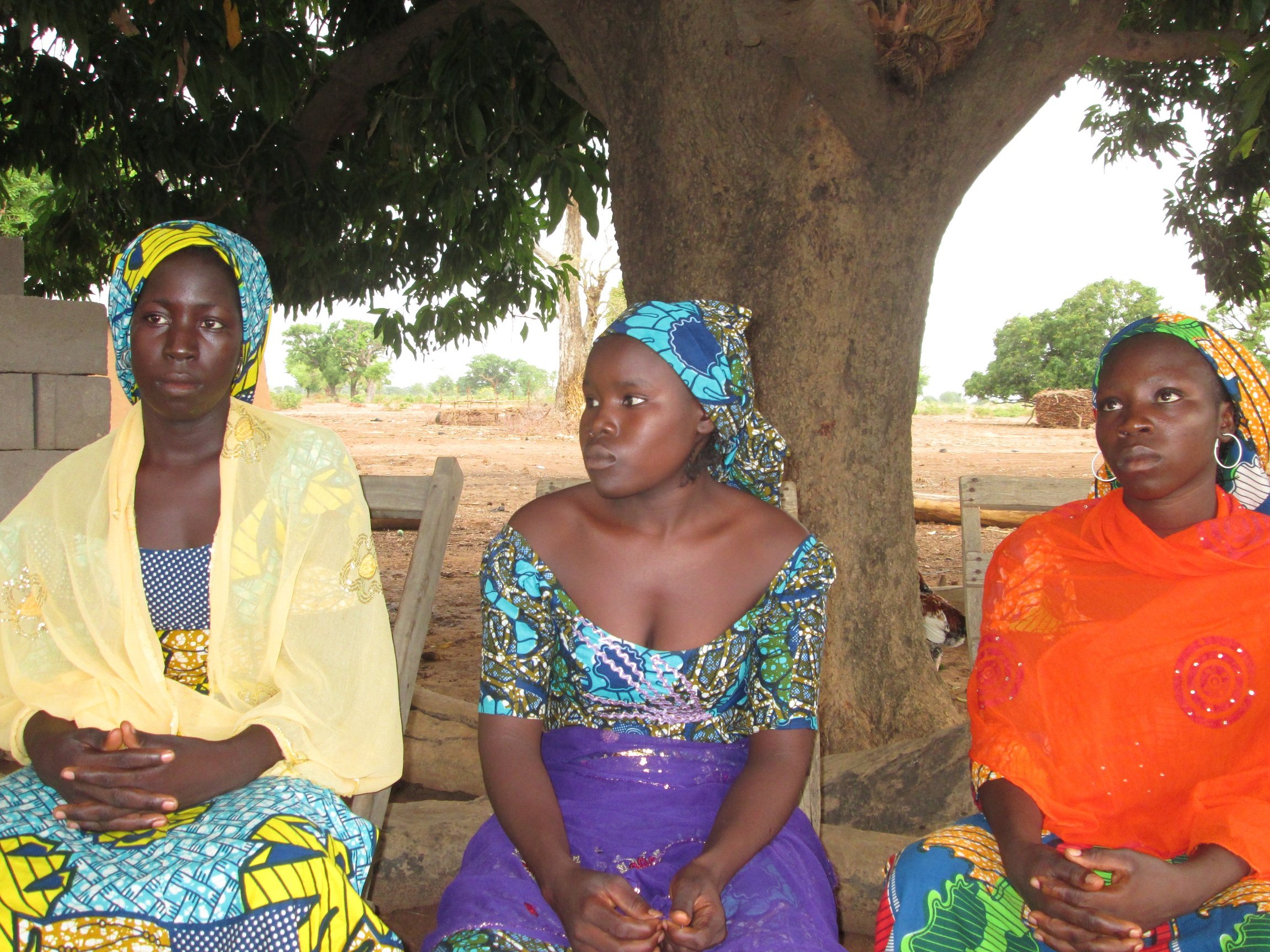
NO MORE CHIBOK
This is distasteful news to a country where, already, 10.5million children of school age are out of school, and where no more than 4 per cent of girls in the north-east — Boko Haram’s heartland — ever manage to complete secondary school. Yet, Rahab is not alone.
Rejoice Yaga, who lived two harrowing nights in Sambisa Forest before masterminding an unlikely escape, says she will never return to the school in Chibok or anywhere in the vicinity. Each time she recollects the brutal manner in which the girls were hurtled out of sleep and harangued into the waiting lorries at gunpoint, she reminds herself that the school in Chibok is not one she should return to.
“When the kidnappers came, they arrested us and took us to a village close to Chibok,” she recollects glumly.
“They parked their cars, lorries, and trailers in the village, and led us to Sambisa Forest on foot. When we got to Sambisa, they provided us with noodles and cooking pots, and told us to cook whatever we wanted to eat.”
Advertisement
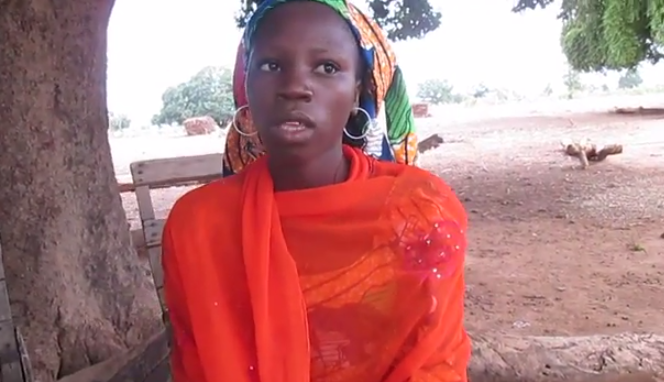
After eating, she asked to be excused to urinate, and took advantage of the opportunity to flee, running aimlessly in the forest for hours until she happened on a Fulani settlement.
“It was late in the night,” she recalls. “But after I explained what happened to the villagers, they gave me a place to pass the night.”
By dawn, a horde of benefactors had come up with money with which Rejoice would find her way to a distant village called Tlari, from where they were certain she could trace her way home. On arriving Tlari, the villagers replaced her school uniform with muftis, fearing the uniform could give her out to stray terrorists. Finally arriving home in such terrifying circumstances, it was goodbye to Chibok – forever.
“I won’t go back to Chibok School,” she says, chillingly – matter-of-factly. “But if it is another school, maybe I will.
Advertisement
DESERTED AND RUNDOWN SCHOOLS
If schooling in Chibok is a no-no, schooling elsewhere is not exactly the romantic prospect Rejoice is conjuring up in her world. This is because neighbouring schools are either structurally deficient or they are deserted by teachers and pupils.
Advertisement
At Jajel, one of the communities adjoining Chibok, the primary school consists of a stretch of sandy land that is home to three muddy, almost-roofless, ramshackle buildings that unbelievably serve as classrooms. These buildings — to employ the most charitable description — are only marginally better than mangers. Put together, they rank far below just one of the multi-building Chibok school dormitory torched by Boko Haram.
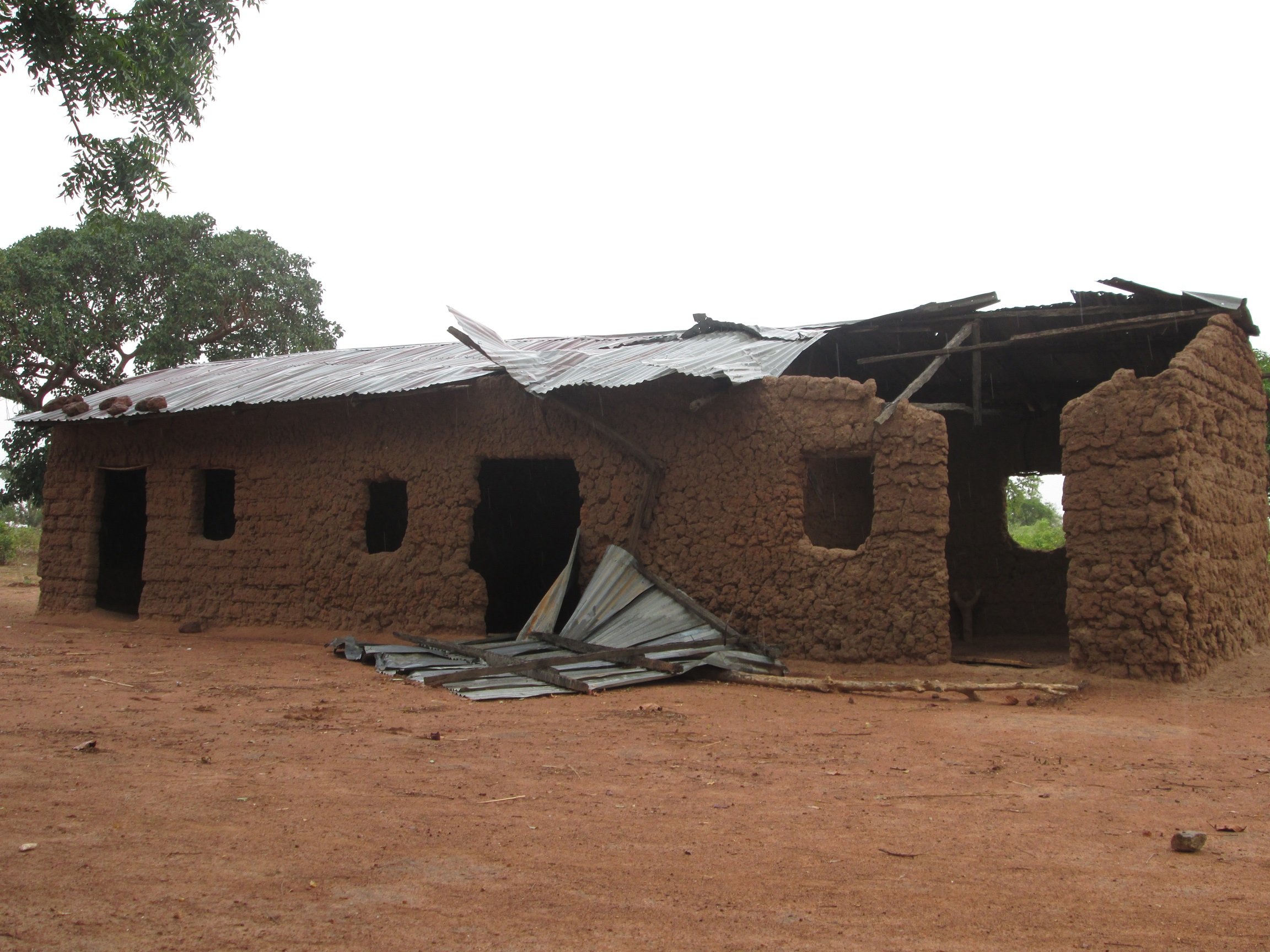
Damboa Secondary School, Damboa — another school that parents of kidnapped girls might have been eyeing — has been on enforced holidays for weeks. Devastated by series of Boko Haram-orchestrated killings and maiming in the area, teachers and pupils of the school now sit at home.
Advertisement
A FEARFUL PEOPLE
The Nigerian government has been consistent in urging the media to refrain from the kind of reportage that reminds Boko Haram of its success in instilling fear into the people.
Last month, Inspector-General of Police (IGP), Mohammed Abubakar, appealed to the media “to positively deploy their communication tools in order to help in healing the wounds of terrorism — and not to exacerbate them through exaggerated and lopsided negative reportage”.
Advertisement
But unless IGP Abubakar is encouraging the media to report falsehood, he will have to brace up for exactly the kind of media coverage he resents, because civilians in Borno, Yobe and Adamawa — the three worst-hit states — truly live every day in fear.
For example, despite all the noise that was made about parents scouring Sambisa for their children, some of the men didn’t actually reach the depths being widely imagined. They only went as far as Komdi Village. In fact, Mallam Yaga, father of one of the few escapees, only hid behind the queue of rescue-working fathers — even if he admitted that the two nights without his daughter were anything but pleasant.
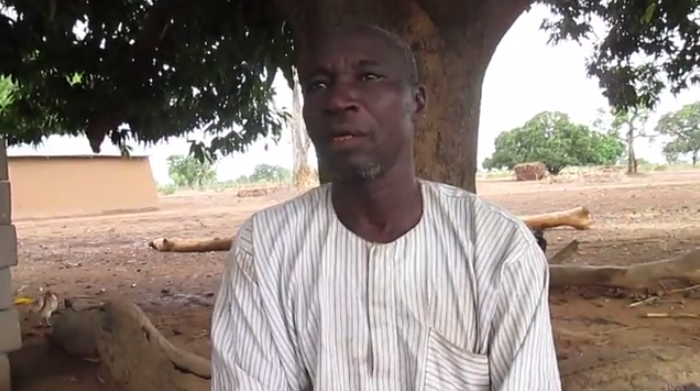
“I was not one of the parents who went to Sambisa. When I heard the news, I went to the school,” the 51-year-old says.
“Those people who wanted to go to Sambisa, I followed them at the back up till a village called Komdi. When we got there, people of the village were trying to bury a man who had been shot dead by the kidnappers. They warned us to go back, saying we would be killed. So we turned back.
RECONCILIATION, RECONSTRUCTION, REHABILITATION
The “3Rs” were coined by former Head of State, General Yakubu Gowon, to define Nigeria’s strategy for recovering from the tragic Civil War of 1967 to 1970, during which more than 1 million civilians died. But the coinage today finds relevance in what should be the overall government response to the Chibok abduction.
The girls have to be rescued — clearly. They have to be reconciled with their parents and families. The physically-damaged Chibok school has to be reconstructed as well. But the government must not forget to connect these two processes with social rehabilitation of girls who, upon rescue as the world hopes, would have been immensely traumatised.
Vice Principal (Administration) of the Chibok school, Mr. Bulama Modu, seems to recognise this complex mix of issues when he says that the girls have to be rescued first, before talks of returning the girls to school can begin.
“If the girls are not found, no amount of renovation will bring back the school to normal, because parents would not allow their children to return to school. And this means that the education of girls would be greatly limited,” he says.
What he doesn’t say, though, is that if the still-missing girls are not rehabilitated after their rescue, none of them will be willing to return to school — and the Chibok school may well have had its last set of students.


